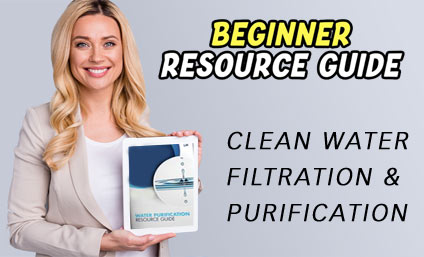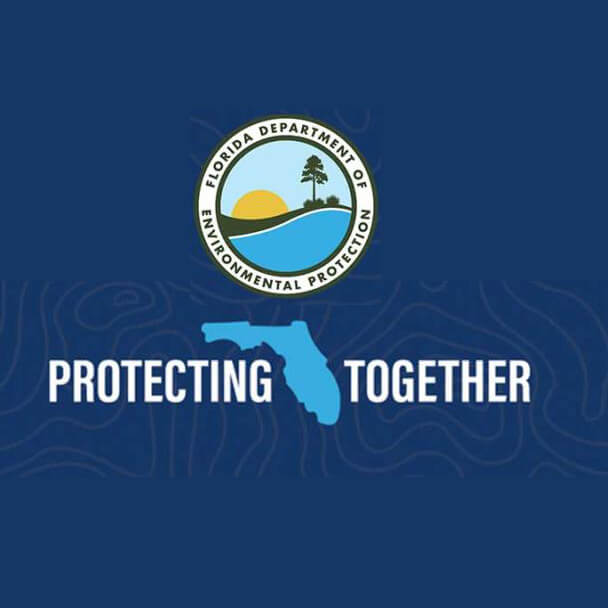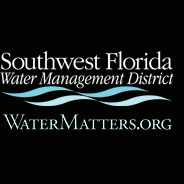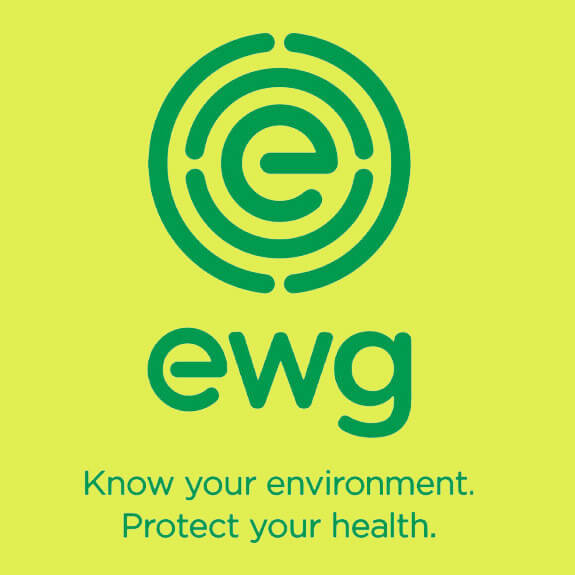Well Water Quality in the Sunshine State: A Professional Examination
Florida, renowned for its abundant sunshine and diverse ecosystems, is also home to a significant number of residents who rely on well water for their daily needs. As professionals in the field of water quality assessment, it is imperative to examine the state of well water in the Sunshine State with a focus on factual information and a neutral standpoint.
The Importance of Well Water Quality
Well water plays a crucial role in sustaining households and agricultural activities across Florida. Many residents depend on private wells to meet their drinking water needs, and a considerable portion of the agricultural sector relies on well water for irrigation. As such, ensuring the quality and safety of well water is paramount to public health and the overall well-being of communities.
Common Contaminants in Florida Well Water
Various factors can impact the quality of well water in Florida. Common contaminants include but are not limited to:
- Bacteria: Bacterial contamination is a prevalent issue, often stemming from septic systems, agricultural runoff, or naturally occurring microorganisms.
- Nitrates: Agricultural activities and the use of fertilizers contribute to elevated nitrate levels in some well waters, posing a risk, especially to infants and pregnant women.
- Heavy Metals: Well water may contain heavy metals such as arsenic and lead, which can have serious health implications over prolonged exposure.
- Hardness: Florida's geology can lead to naturally hard water, containing high levels of minerals like calcium and magnesium.
Regulatory Framework for Well Water Quality
The state of Florida has established a comprehensive regulatory framework to monitor and manage well water quality. The Florida Department of Environmental Protection (FDEP) oversees water resource management, ensuring compliance with standards set by the Safe Drinking Water Act (SDWA) and the Florida Administrative Code (FAC).
Private well owners are encouraged to regularly test their water for contaminants and adhere to guidelines provided by the FDEP. Additionally, the Florida Health Department provides resources and information to educate residents on well water safety and maintenance.
Professional Assessment and Testing
Professional water quality assessment involves rigorous testing and analysis conducted by certified professionals. Testing parameters typically include pH levels, bacteria and microbial contaminants, chemical composition, and the presence of specific pollutants such as nitrates and heavy metals.
Homeowners should consider engaging certified water testing laboratories to conduct periodic assessments of their well water. This proactive approach ensures early detection of potential issues and allows for timely intervention to safeguard the health of individuals relying on well water sources.
Well Maintenance and Best Practices
Well maintenance is a critical aspect of ensuring water quality. Well owners should adhere to the following best practices:
- Regular Inspection: Conduct routine inspections of the wellhead, casing, and surrounding areas to identify and address any potential issues.
- Seal Unused Wells: Wells that are no longer in use should be properly sealed to prevent contamination from surface water.
- Protect the Wellhead: Ensure that the wellhead is properly sealed to prevent the entry of contaminants, insects, and debris.
- Proper Waste Disposal: Dispose of hazardous materials and waste away from the well to prevent groundwater contamination.
Conclusion
In conclusion, the quality of well water in the Sunshine State is a matter of significant importance, directly impacting public health and environmental sustainability. By understanding common contaminants, adhering to regulatory guidelines, and implementing best practices in well maintenance, residents can contribute to ensuring the safety and purity of their well water sources. Professional assessment and testing play a crucial role in identifying potential risks early on, allowing for informed decision-making and preventive measures. As stewards of water quality, both individuals and regulatory bodies must work collaboratively to preserve the integrity of Florida's well water resources.





